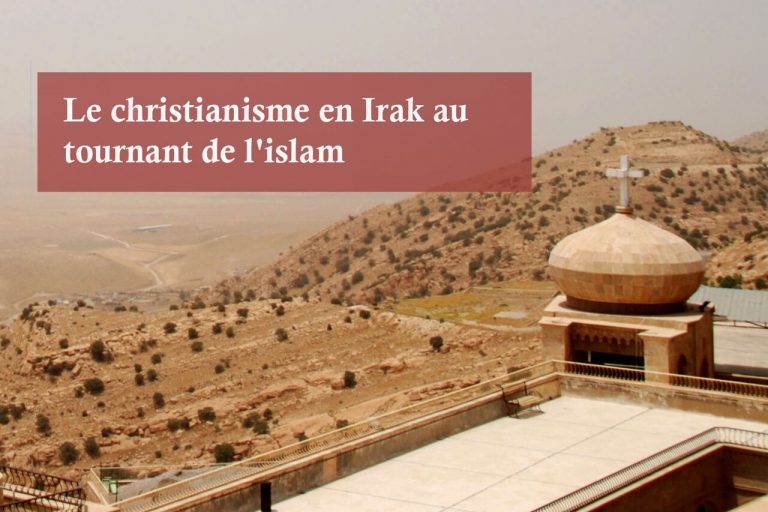Christianity in Iraq at the Turn of Islam: History & Archaeology

About The Event
Call for Papers
Submission Deadline: February 28, 2021
An international round table organized on May 4 and 5, 2019 at the University of Salahaddin (Erbil, Iraq) highlighted the interest for a collective work that will address the question of Christianity in Iraq at the turn of Islam. Les Presses de l’Ifpo launch a call for papers related to this theme. Argument The collapse of the Persian Empire and the decreasing of the influence of the Byzantine Empire after the Muslim conquest led to important institutional changes for the Christians of the conquered areas. In Iraq, the Eastern Church was no longer limited by the Sasanian Empire ruled by the Zoroastrians and gained new opportunities to expand. Nevertheless, it is difficult to restitute the reality of this ancient Christianity and to assess the modifications resulting from the conquests. The architectural patterns of churches seem to attest to the proximity between northern Iraq and the Byzantine territories while southern Iraq and the Persian Gulf appear as a homogeneous region, as attested by certain similarities in the material culture, or the existence of burials with worship function (relics) both in northern and southern Iraq. It is difficult to link these differences and similarities with particular Churches, liturgies, and regional influences. Since the excavations of D.T. Rice in al-Hira in the 1930s, recent archaeological projects as well as epigraphic and textual studies have documented Christianity in the Early Islamic period in Iraq. The international round table Christianity in Iraq at the turn of Islam provided an initial assessment of research, particularly archaeological data.
This has highlighted the continuity of the forms of Christianity before and after Islam, the turn of Islam being the best documented period, both by archaeological data and textual sources. The study of architecture and material culture reveals no rupture. Churches appear as not have been modified, stucco crosses motifs are difficult to distinguish according to chronological criteria, and ceramic types remain unchanged. If there were a rupture, it would have rather been in the course of the 9th century. The populations keep their religion, their way of life and their languages for at least two centuries after the conquests.
This phenomenon, which has already been evidenced in Egypt and Syria, must be better documented in Iraq. Indeed, finally Christianity in this region has been very poorly documented. Evidently, it is crucial to reconsider ancient works whose publications essentially fall short, and to publish simultaneously the results of the works in progress. The international round table has also highlighted the richness of a comparative approach between sources: only the confrontation of textual and archaeological sources will make it possible to answer certain questions such as that of the religious buildings’ liturgy.
More information on: https://www.ifporient.org/
Location
Christianity in Iraq at the Turn of Islam: History & Archaeology


We're always eager to hear from you.
If you’d like to learn more about us or have a general comments and suggestions about the site, email us at